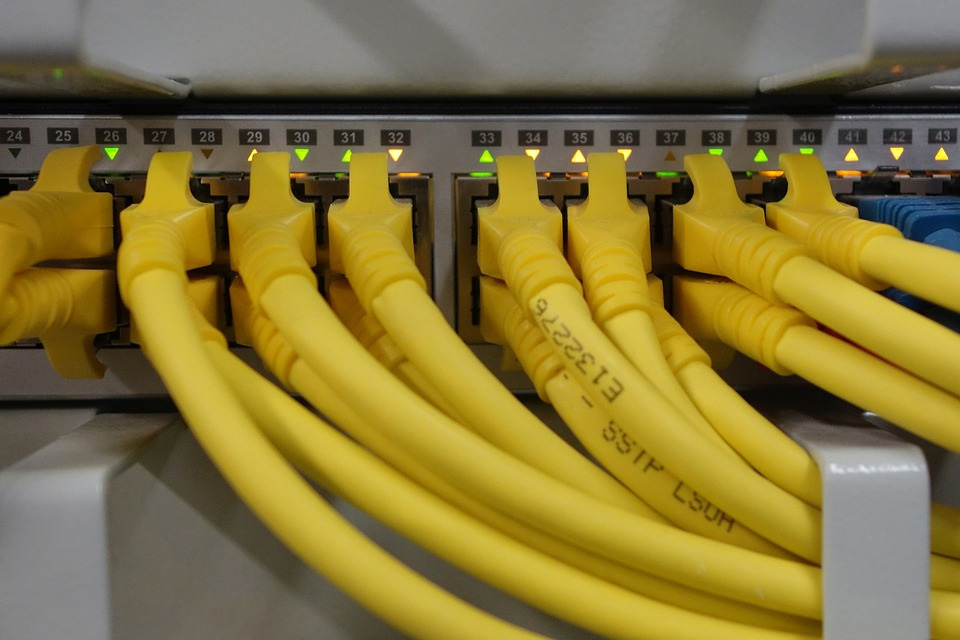California lawmakers reach deal on net neutrality bill after gutting it last month
The revised bill goes further than the original net neutrality rules that the FCC repealed earlier this year.

California has been trying to implement its own set of net neutrality rules similar to the ones that the FCC recently repealed, but lawmakers have not been able to agree on some key provisions. That changed this week, with state legislators announcing a deal on what they say is a "strong and enforceable" proposal.
It's been a turbulent road to this point. State Sen. Scott Wiener (D-San Francisco) introduced the bill (SB 822) in January in hopes of restoring net neutrality regulation on the state level. The bill was passed by the Senate, but was later gutted by the State Assembly's Communications Committee, led by Assemblyman Miguel Santiago (D-Los Angeles). Santiago was criticized by net neutrality advocates, some of which accused him of selling out to ISPs, citing his contributions from AT&T. Wiener ended up withdrawing support of his own bill after the changes, calling it "toothless" legislation.
Those same provisions have now been added back into the bill, and Wiener and Santiago seem to be on the same page this time around. Wiener told Arstechnica that Santiago was concerned about the rules standing up in court, hence why he voted to remove key provisions.
"He wanted a bill that reflected the protections of [the FCC's] 2015 order and is defensible in court," Wiener said. "Those are two things I wanted as well. It was just a matter of having a product that we both agreed got us there."
The new text of the bill won't be released until August 6 due to the legislature heading into a recess. However, Wiener says the bill includes a ban on ISPs charging fees to access customs, and also prohibits some forms of "zero-rating," which allows ISPs to offers services that don't count against a user's data cap.
"After Donald Trump’s FCC obliterated net neutrality, we stepped in to protect California residents and businesses and to ensure an open internet," Wiener said in a statement. "For months, we have worked with a broad coalition to pass strong and enforceable net neutrality protections. As internet service providers and media companies like AT&T and Time Warner consolidate, net neutrality is more important than ever."
Assuming the bill passes, California still faces an uphill battle. That's because the FCC's 'Restoring Internet Freedom Order' claims to "preempt any state or local requirements that are inconsistent" with the agency's net neutrality repeal. Wiener told Arstechnica that he doesn't think the preemption is valid. Nevertheless, ISPs are likely to sue California if the bill goes through.
Keep up to date with the most important stories and the best deals, as picked by the PC Gamer team.
Paul has been playing PC games and raking his knuckles on computer hardware since the Commodore 64. He does not have any tattoos, but thinks it would be cool to get one that reads LOAD"*",8,1. In his off time, he rides motorcycles and wrestles alligators (only one of those is true).


